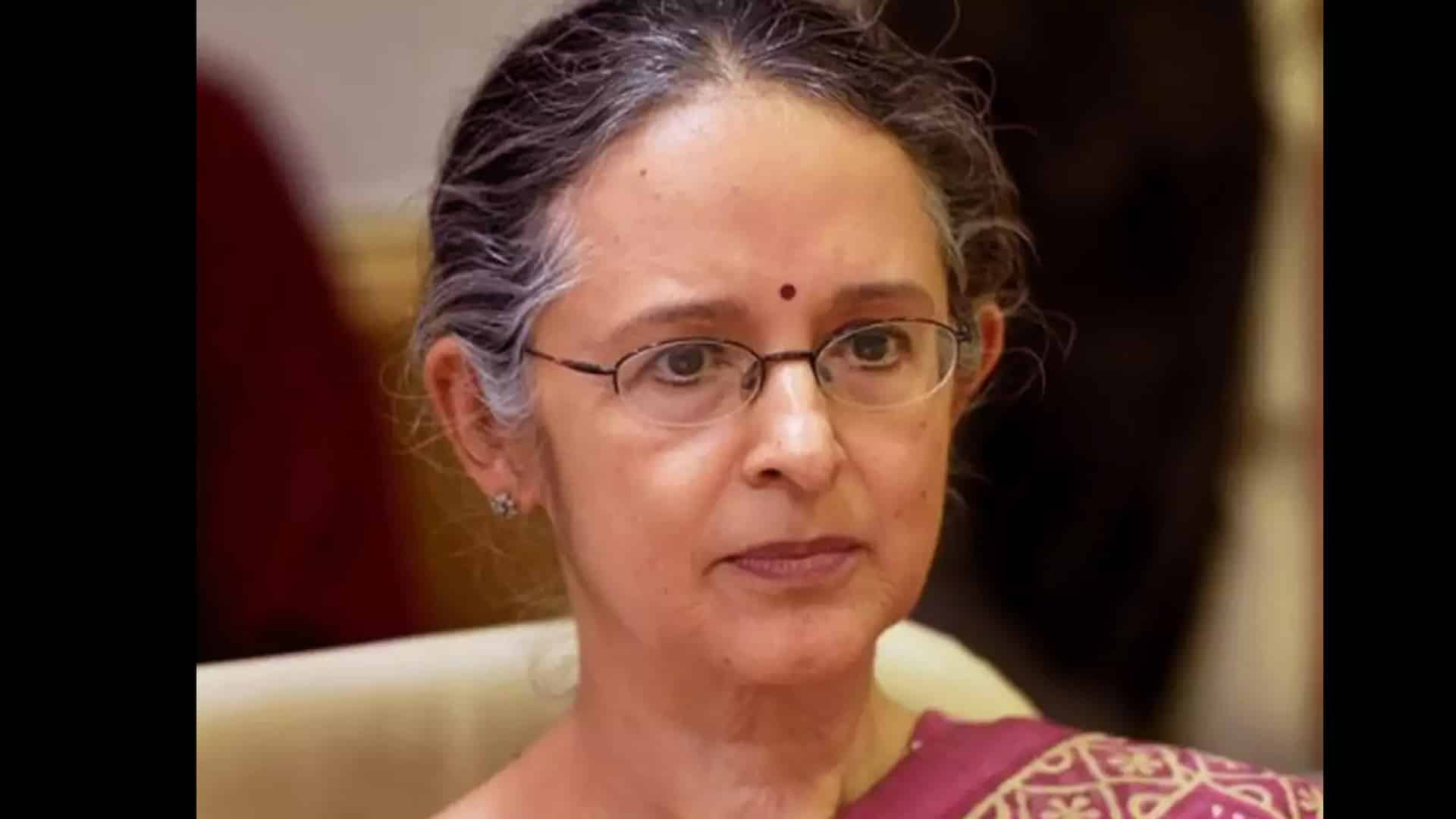India’s economy will do well once vaccination reaches a critical mass as pent up demand, global recovery and easy financial conditions will boost activities, RBI’s Monetary Policy Committee (MPC) member Ashima Goyal said on Tuesday. As India battles a “fearsome” second COVID wave, she also said the damage to the economy due to lockdowns is much less and is unlikely to extend beyond the first quarter of the current fiscal.
“India has the potential to be a centre of vaccine production and will be able to ramp it up soon. Once vaccination reaches a critical mass, the economy will do well with pent up demand, global recovery and easy financial conditions,” she told PTI in an interview. The eminent economist said the current localized reversal of unlocks has successfully bent the curve. “It is less disruptive of supply chains since it is adapted to local conditions and need not go all the way to a full lockdown,” Goyal said. Recently, S&P Global Ratings slashed India’s GDP growth forecast for the current financial year to 9.8 per cent saying the second COVID wave may derail a budding recovery in the economy and credit conditions. According to Fitch, India’s real GDP is expected to grow 9.5 per cent in 2021-22 (April 2021 to March 2022).
Asked how the government’s fiscal expansionism will play out with the rating agencies, Goyal said by the standards of advanced economies, India’s post COVID-19 fiscal expansion has been relatively modest. Noting that a restrained temporary expansion will be acceptable to rating agencies since it will contribute to recovery, she said it will be possible to reverse it in the medium-term. “Since India’s long-term growth story is intact, rating agencies will be willing to give it time,” she said, adding a persistent, non-tax financed rise in expenditure, however, can create problems. On the government’s ambitious target to make India a USD 5-trillion economy by 2024-25, Goyal said “after such an extended and unforeseen pandemic, it will take longer.”
“Moreover, COVID-19 related uncertainties are not over yet,” the eminent economist noted. Asked why Indian economy failed to move at a higher growth trajectory in the last seven years, she said India has unfortunately suffered from over-reaction and pro-cyclicality in macroeconomic policies, which affected the financial sector. “There was too much stimulus in the 2000s and too much tightening in the 2010s,” Goyal said, adding that financial regulation was also pro-cyclical. On the government’s decision of privatisation of two PSU banks, she noted that while some PSU banks have to become more efficient and energetic, at present it is better to focus on increasing credit flows. “India has had the slowest rates of private credit growth in the world in the 2010s… moreover, diversity in ownership and strategies makes for more stability in the financial sector,” she said.


Pingback: COAI urges govt to remove fake messages on social media linking COVID-19 to 5G | The Plunge Daily